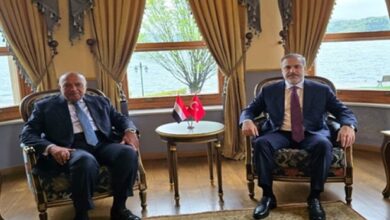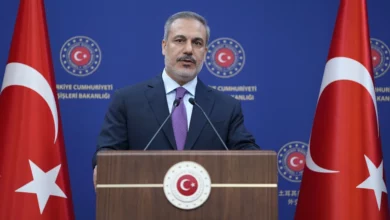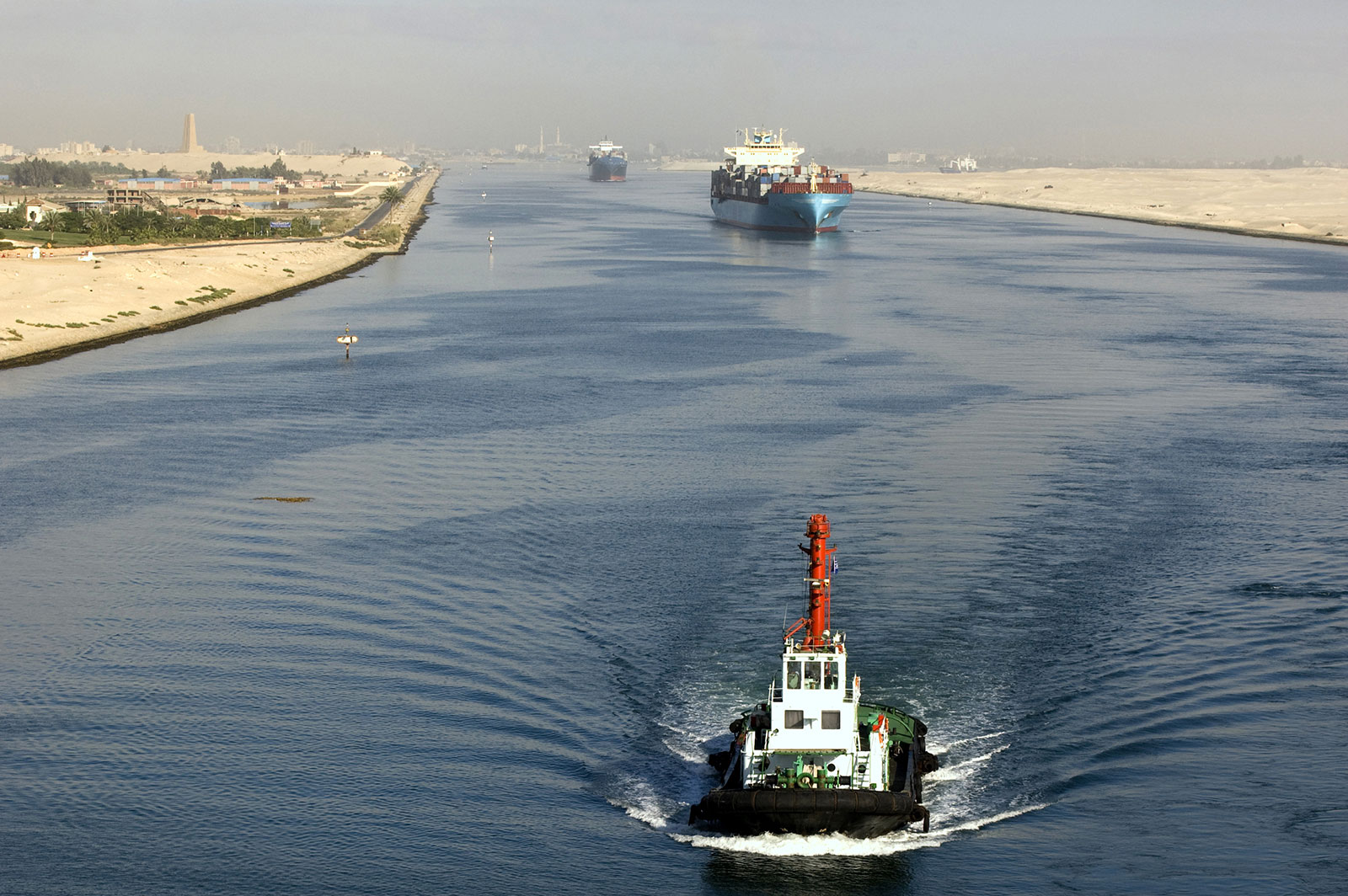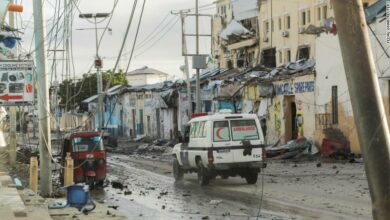Amman – Syrian troops shot dead four villagers on Wednesday, an activist said, as authorities pressed on with a tank-led assault that has already driven thousands of refugees across the northwest border with Turkey.
"The four died in random firing on the village of Rama from tank machineguns, which has become customary in these unjustified assaults. The tanks started firing on surrounding woods then directed their fire on the village," Ammar Qarabi, president of the Syrian National Human Rights
Organization, told Reuters from exile in Cairo.
The assault on Jabal al-Zawya, a region 35km (22 miles) south of Turkey that has seen spreading protests against Assad's 11-year rule was launched overnight, a day after the authorities said they would invite opponents to talks on July 10 to set a framework for a dialogue promised by President Bashar al-Assad.
Opposition leaders have dismissed the offer, saying it is not credible while mass killings and arrests continue. The Local Coordination Committees, a main activists' group, said in a statement on Wednesday that 1000 people have been arrested arbitrarily across Syria over the last week alone.
"Jabal al-Zawya, was one of the first regions in Syria where people took to street demanding the downfall of the regime. The military attacks have now reached them and they will likely result in more killings and in more refugees to Turkey," said Qarabi, who is from the northwestern province of Idlib.
He said he based his information on several witnesses' testimony. Syria has banned most international media, making it difficult to independently verify accounts of violence.
A resident of Jabal al-Zawya said he heard heavy explosions overnight around the villages of Rama and Orum al-Joz, west of the highway linking the cities of Hama and Aleppo.
"My relatives there say the shelling is random and that tens of people have been arrested," he said.
Another resident said 30 tanks went to Jabal al-Zawya on Monday from the village of Bdama on the Turkish border, where troops broke into houses and burned crops.
Rights campaigners say Assad's troops, security forces and gunmen have killed over 1300 civilians since the uprising for political freedom erupted in the southern Hauran Plain in March, including over 150 people killed in a scorched earth campaign against towns and villages in Idlib.
They say scores of troops and police were also killed for refusing to fire on civilians. Syrian authorities say more than 500 soldiers and police died in clashes with "armed terrorist groups," whom they also blame for most civilian deaths.
Assad adviser Bouthaina Shaaban told Sky News: "We hope that by conducting and hastening the national dialogue, we will be able to isolate any militant or violent group and work together with the international community to overcome that big problem."
Assad has faced criticism from Western governments over the military campaign to crush the three-month uprising. France's Foreign Minister Alain Juppe will meet his Russian counterpart later this week and will discuss the Syrian impasse in the hope of convincing Moscow to change its stance on a resolution condemning Syria at the United Nations.
French foreign Ministry spokesman Bernard Valero said Paris was extremely concerned with the ongoing violence in Syria saying that "reforms and repression were not compatible."
Valero, however, said that Syrian authorities took a positive step by allowing a meeting in Damascus on Monday of intellectuals that included several opposition figures.
British Foreign Secretary William Hague echoed France's guarded welcome of Monday's talks, but called for an end to violence, the release of political prisoners and a right to peaceful protest.
"Protests across the country are still being met by unacceptable violence from the regime, and the reports of Syrian troop movements near the Turkish border are of serious concern," he said.
Ankara has also become increasingly critical of Assad after backing him in his moves to improve ties with the West and seek a peace deal with Israel.
Turkey shares an 840km border with Syria, a mostly Sunni country ruled by a tight-knit hierarchy belonging the minority Alawite sect, an offshoot of Islam.
Assad had opened the Syrian market to Turkish goods, but Turkish container traffic to Syria has fallen sharply over the last month, merchants say.
Sawasiah, another Syrian rights Organization headed by lawyer Mohannad al-Hassani, said a security campaign that has resulted in the arrest of more than 12,000 people across Syria since March, has intensified in the last few days.
Security forces arrested Farhad Khader Ayou, an official in the Kurdish Mustaqbal party, on Tuesday in the eastern province of Hasaka, Sawasiah said.




